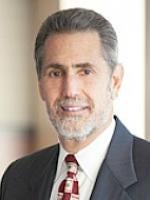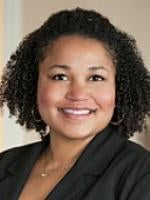Public companies that held their first “say-on-frequency” vote at their 2011 annual meeting should note that the next vote on the matter will be required at the 2017 annual meeting.
Under the say-on-frequency provisions of Section 951 of the Dodd-Frank Act and the SEC’s final regulations, shareholders must have the opportunity to cast an advisory vote on whether the company’s “say-on-pay” vote should be held every year, every other year, or every three years (or to abstain). The first such vote was required in 2011 for most companies other than smaller reporting companies and (after the Jumpstart Our Business Startups (JOBS) Act of 2012) emerging growth companies.
Going forward, this say-on-frequency vote must occur no later than the annual meeting (or other meeting at which directors will be elected and for which compensation disclosure is required) held in the sixth calendar year after the last say-on-frequency vote. Most companies vote to hold the say-on-pay vote every year, which is consistent with the recommendation of proxy advisory firm Institutional Shareholder Services.
The results of the vote must be disclosed in the company’s Form 8-K filing. Given the advisory nature of the vote, public companies will again, taking the vote into account, need to reach a policy decision regarding how often the say-on-pay vote will be held. The SEC has provided, in Item 5.07(d) of Form 8-K, that the company will have up to 150 calendar days after the meeting (but no later than 60 calendar days prior to the deadline for shareholder proposals for the next year) to decide and then amend the Form 8-K reporting the meeting results to disclose the company’s final decision on frequency.
There are several exceptions to the 2017 say-on-frequency voting requirement. Smaller reporting companies (as defined in Exchange Act Rule 12b-2) were not required to hold their first say-on-frequency vote until their 2013 meeting, and so the matter will not come up again for them until 2019. In addition, the JOBS Act exempted the new class of emerging growth companies (EGCs) (as defined in Section 2(a)(19) of the Securities Act) from the Dodd Frank say-on-pay, say-on-frequency, and say-on-golden-parachute vote requirements for as long as they remain EGCs.
Incidentally, there is some uncertainty regarding the transition rules on holding say-on-frequency votes for companies leaving EGC status. The JOBS Act expressly provides, in Exchange Act Section 14A(e)(2)(B), that a company that is an EGC must include its first say-on-pay vote within one year of ceasing to be an EGC, or three years from its initial offering in the case of a company that is an EGC for less than two years. A company that is an EGC for 18 months could therefore have its first post-EGC annual meeting with no say-on-pay vote, since it has another 18 months to comply. Because there is no special transition rule for the say-on-frequency vote, however, the former EGC may be required to hold its first say-on-frequency vote at that first meeting and not wait until the following year.
Samuel Bryant contributed to this article.




 />i
/>i
